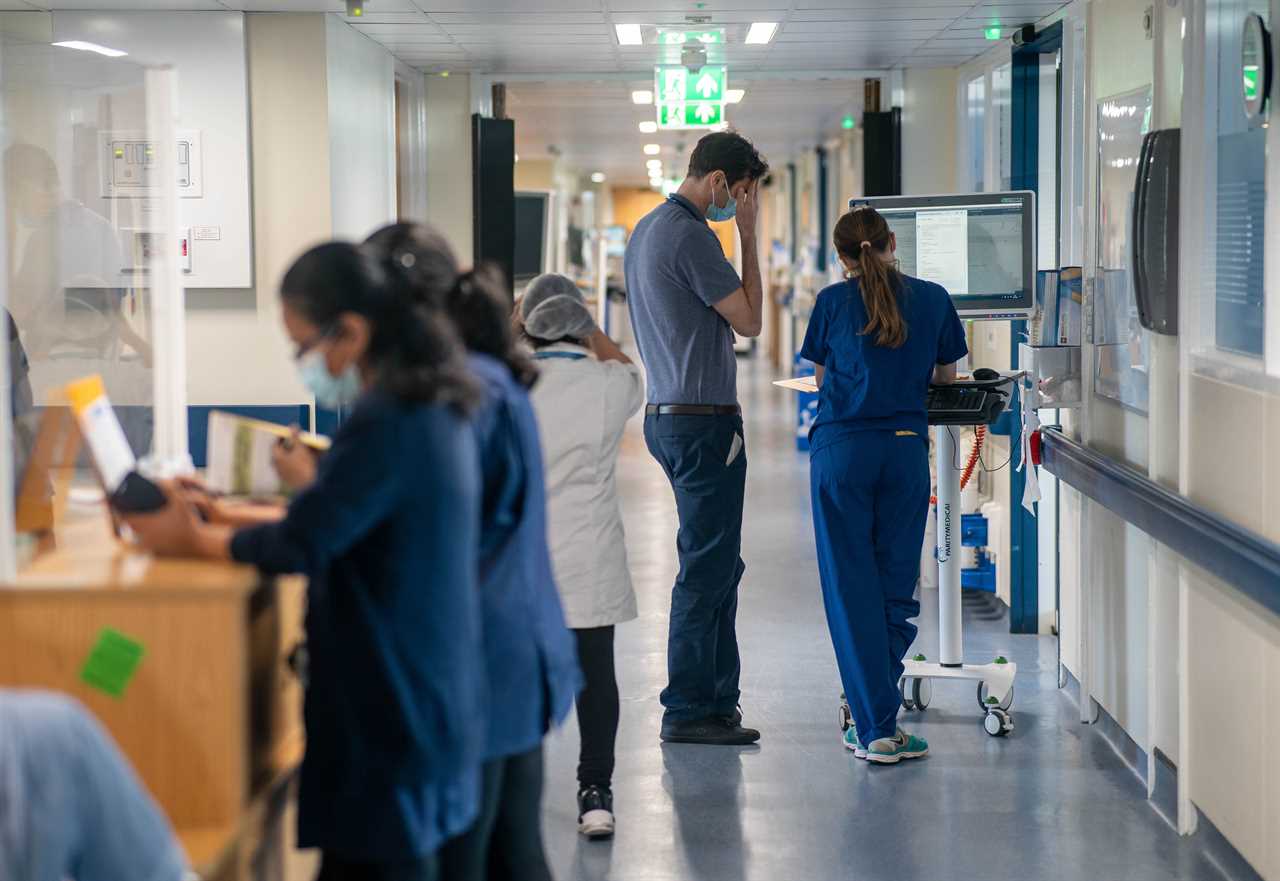
Spotting Prostate Cancer Faster and More Accurately
AI software developed by Cambridge University scientists has the potential to cut NHS waiting lists by detecting prostate cancer earlier and with greater accuracy, according to charity Macmillan Cancer Support. The Pi medical platform, backed by a £350,100 investment from the charity, can analyze MRI scans and is as accurate as an expert radiologist in identifying the disease. This innovative solution could help avoid thousands of unnecessary biopsies, relieving pressure on the NHS and sparing patients from anxiety, unpleasant treatments, and dangerous side-effects.
Addressing a Common Form of Cancer among British Men
Prostate cancer is the most prevalent form of cancer in British men, with 52,300 new cases diagnosed and 12,000 deaths reported each year. Symptoms typically do not manifest until the prostate has significantly enlarged, causing urinary problems such as frequent urination or difficulty in urination. While there is no screening program in the UK, individuals experiencing symptoms are encouraged to consult their GP.
Transforming Diagnosis with AI Technology
The Pi platform, developed by Lucida Medical, utilizes AI algorithms to analyze scans and determine a patient's risk of prostate cancer. By accurately identifying significant cancers, this technology could potentially reduce the number of unnecessary and painful investigations that prostate cancer-free men currently undergo. This not only saves costs for the NHS but also helps address the shortage of radiologists and decreases waiting lists.
Director of Innovation at Macmillan, Tanya Humphreys, believes that Pi has the potential to revolutionize prostate cancer diagnosis. Professor Evis Sala of Lucida Medical emphasizes the importance of providing radiologists with technology that can precisely identify significant cancers like Pi, ultimately improving patient care and outcomes.






